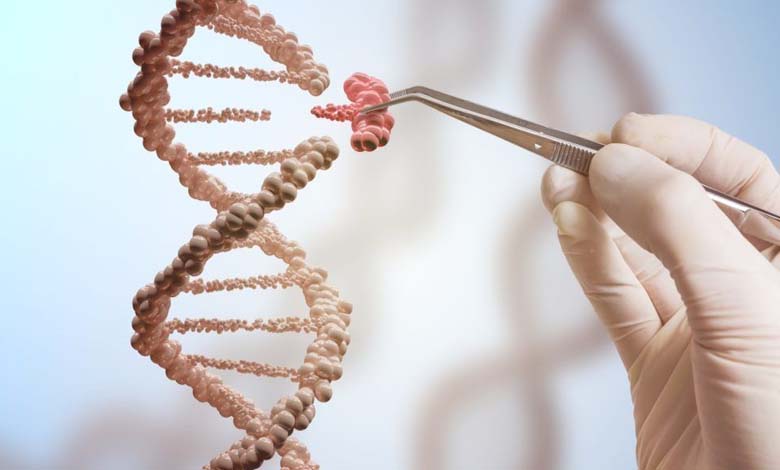An Isolated Population for Thousands of Years Develops a Genetic Mutation

The DNA of the Denisovans, who went extinct in prehistoric times, continues to astonish the scientific community with its ongoing influence on modern humans, especially among the inhabitants of Papua New Guinea.
These individuals, whose genetic history has remained largely isolated for millennia, possess unique genetic characteristics that have allowed them to adapt and survive in one of the most challenging environments on Earth.
According to a recent study published in the journal “Nature Communications,” these populations have up to 5% Denisovan DNA in their genes, a remarkably high percentage that highlights the profound imprint these ancient ancestors left on human DNA.
The study elucidates how different genetic mutations have prepared the highland and lowland inhabitants of Papua New Guinea to cope with their environments. For instance, mutations in lowland inhabitants increase the number of immune cells in their blood, which helps them resist infections.
François Rico, the study’s lead author and a biological anthropologist at the French National Centre for Scientific Research (CNRS), described Papua New Guinea as a “fascinating mix” for studying genetic adaptation. He explained that this is largely due to its mountainous terrain and high rates of infectious diseases, which together pose a significant challenge for its inhabitants. He added that the people of Papua New Guinea are unique because they have been isolated since they settled there more than 50,000 years ago.
The study also pointed out that some pathogens have influenced genetic evolution in the lowlands and that some are of non-human origin, revealing that the interaction between different human species has shaped their evolution in ways that are still visible today.












